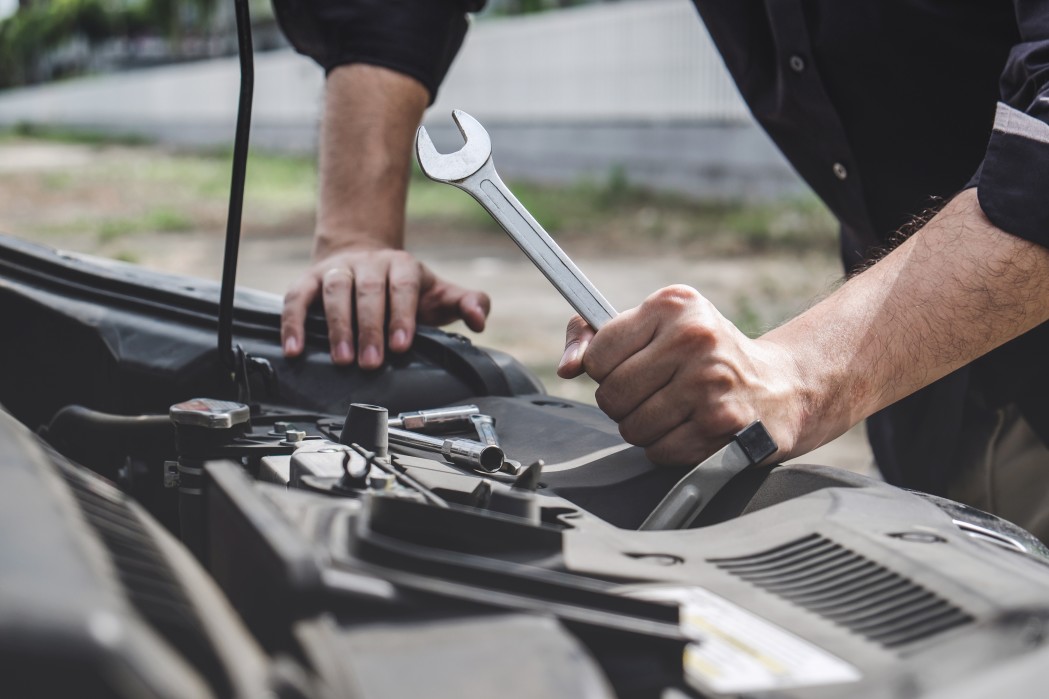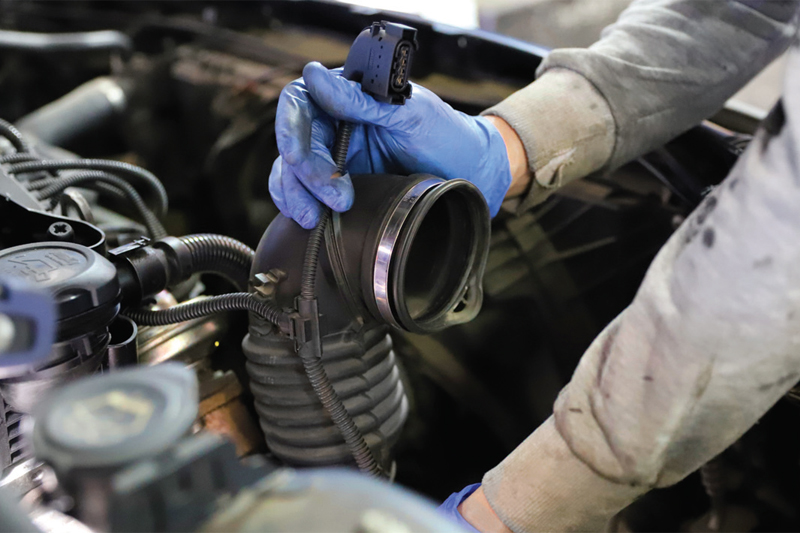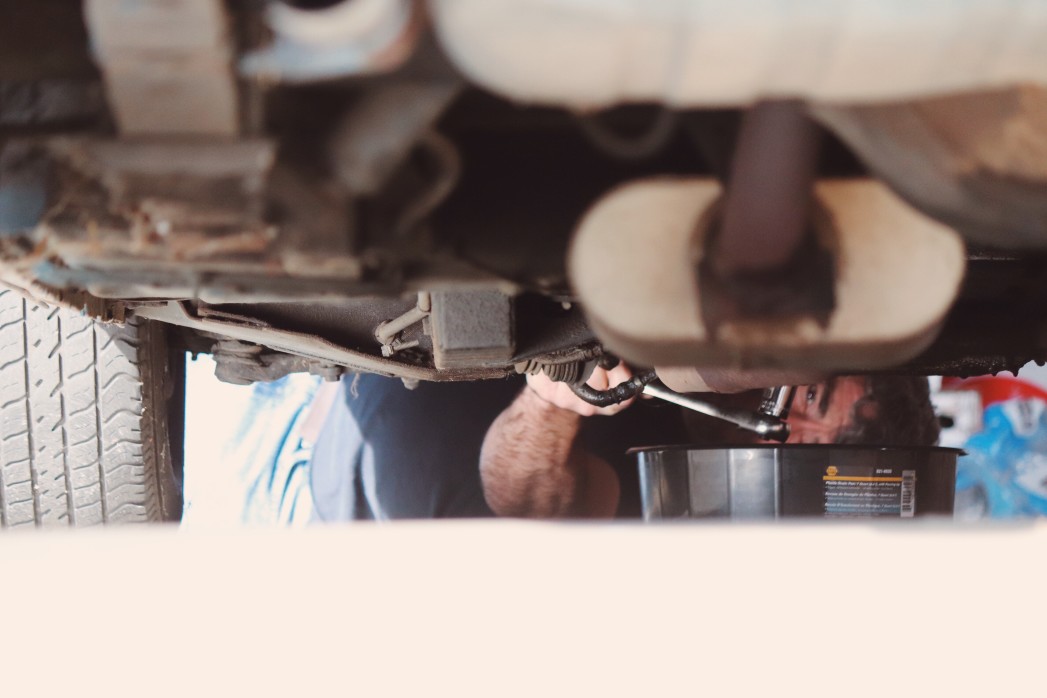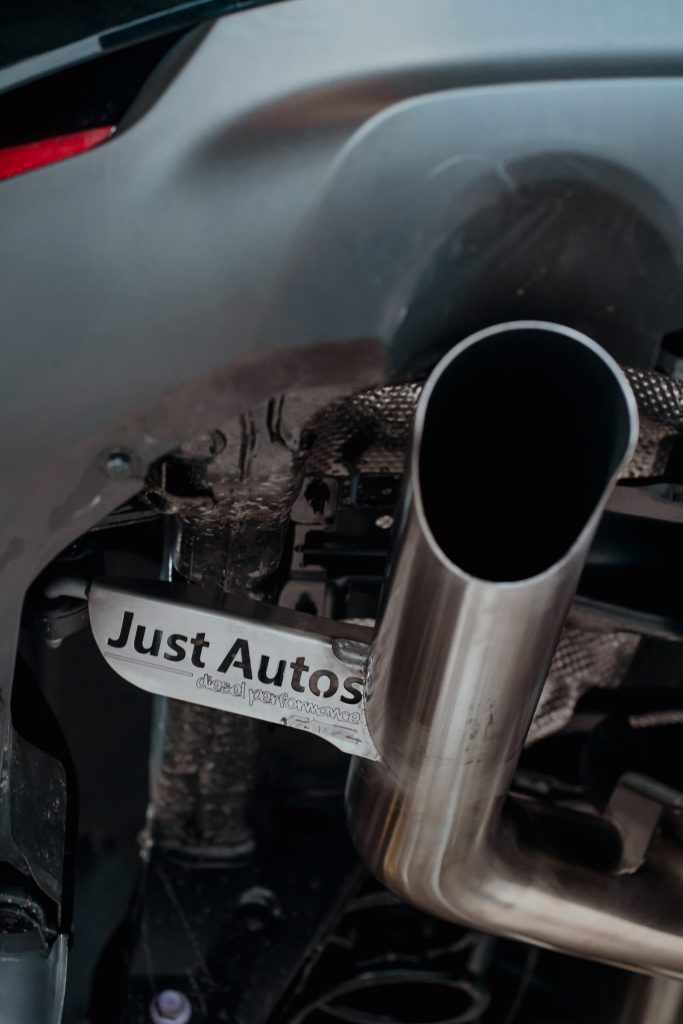When the performance of your diesel engine starts to drop, finding the cause is like looking for a needle in a haystack: it’s difficult to confidently assess the cause of the issue, or even to decide where to start looking in the first place! Fortunately for diesel owners, there are a number of fairly common problems that can arise and cause performance decreases, which makes it easier to identify the issue. And one of the most common causes for declined performance in diesel engines is a boost leak.
Boost leaks are one engine issue you simply can’t ignore – with your turbo and the integrity of your engine on the line, decreased performance may be the least of your worries! But what are boost leaks, and how can you tell if your engine has sprung one? Find out below!

What is a Boost Leak?
this happens, compressed air escapes from the system before it can reach the turbo, causing a decrease in performance. In addition, boost leaks can cause your turbo to work harder than necessary to maintain pressure, which can lead to premature failure.
Read More: 5 Common Signs of a Failing Turbocharger
How Do I Know if I Have a Boost Leak?
There are several symptoms associated with boost leaks, and many of them are also indicative of other engine issues. It’s important to get your engine checked out by a professional as soon as possible so they can properly diagnose the problem. That being said, here are some signs that you may have a boost leak:
Check Engine Light is On: A faulty sensor or loose connection can cause your check engine light to come on, so this isn’t always indicative of a boost leak. However, if you’re also experiencing other symptoms on this list, it’s worth getting your car checked out.
Decreased Performance: If your engine doesn’t seem to have the same power as it used to, it could be due to a boost leak. Compressed air escaping from the system means that less air is reaching the turbocharger, which in turn decreases performance.
Loud Hissing Noise: A telltale sign of a boost leak is a loud hissing noise coming from the engine bay. If you hear this while the car is running, it’s a good indication that there’s a problem.
Higher than Normal Engine Temperature: If your engine is running hotter than usual, it could be because the turbo is working overtime to maintain pressure in the system. This puts extra strain on the turbo, which can lead to premature failure.
Increased Fuel Consumption: Because your engine isn’t performing as efficiently as it should be, you may notice that you’re going through fuel faster than normal.
Excessive Exhaust Smoke: If you’re seeing more exhaust smoke than usual, it’s likely because your engine is running richer than it should be. This is often caused by a leak in the intake system.
Read More: EVs vs Diesel: Are Electric Vehicles the End of Diesel Engines?

What Causes Boost Leaks?
There are several different factors that can contribute to boost leaks, including:
Faulty or Worn O-Rings and Gaskets: Over time, o-rings and gaskets can degrade and become less effective at sealing connections. This can cause boost leaks as compressed air escapes through these tiny openings.
Loose Connections: If any of the connections in the boost system are loose, it can cause air to escape and result in a boost leak. This is often caused by improper installation or aftermarket modifications.
Cracks and Holes: Small cracks or holes in hoses, pipes, or other components can also cause boost leaks. These can be caused by physical damage, wear and tear, or even extreme temperature changes.
Read More: For the Love of Diesel, Are You Looking After Your Engine?
How Do Boost Leaks Impact My Engine?
As we mentioned before, boost leaks can cause decreased performance as well as premature failure of the turbocharger. In addition, boost leaks can lead to increased engine temperature, which puts extra strain on the engine and can cause long-term damage.
If you think you have a boost leak, the best thing to do is take your car to a professional as soon as possible. They will be able to properly diagnose the problem and recommend the best course of action. In some cases, a boost leak can be fixed with a simple repair. However, in other cases, it may be necessary to replace parts of the system, such as the turbocharger.
Boost leaks are serious business – don’t wait to get your engine checked out if you think there’s a problem!
Read More: 5 Ways to Boost Diesel Engine Performance

What Can I Do if I Have a Boost Leak?
If you think you have a boost leak, the best course of action is to take your car to a professional for diagnosis and repair. Just Autos are diesel performance specialists that can help identify boost leaks early on. For all diesel performance requirements, contact Just Autos!












